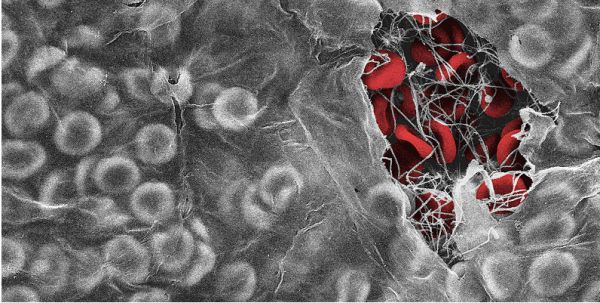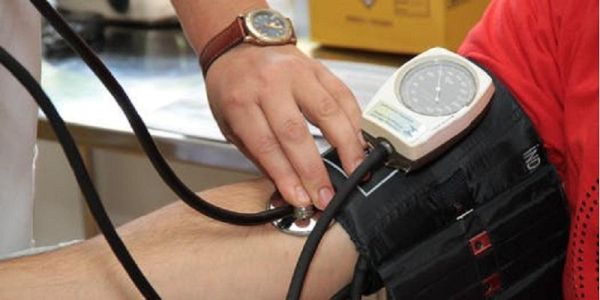
How our body creates its own plaster to protect wounds from infection
New research has identified the way the body creates its own plaster to try and prevent bacteria and other micro-organisms from penetrating open wounds.

New research has identified the way the body creates its own plaster to try and prevent bacteria and other micro-organisms from penetrating open wounds.

Fewer than half of people eligible for a mid-life NHS Health Check in England actually received one, according to a review of evidence.

Early results from a small-scale clinical trial have revealed the potential of a virus to treat some advanced cancers.

Adults with incurable diseases – including dementia, liver failure and stroke – are not being referred to palliative care from hospices early enough during their illness, according to new research.

A £103 million revolution to develop new technologies which will drive forward biology and medicine research and development has been officially launched today.

A molecular compound in green tea could hold the key to preventing deaths from heart attacks and strokes caused by atherosclerosis, according to new research.

Research led by Leeds professors has led to a better quality of life for thousands of people around the world who have received tissue regeneration treatment.

People who followed a diet of low energy density food such as vegetables, lean meat and rice were more likely to feel full than those who tried to restrict their calorie intake, according to research.

Ten new genetic regions that may dictate whether a person’s skin will tan or burn when exposed to the sun have been identified by scientists.

In the first UK study examining the relationship between diet and the start of the menopause, researchers have found certain food groups could affect the age at which the menopause begins.